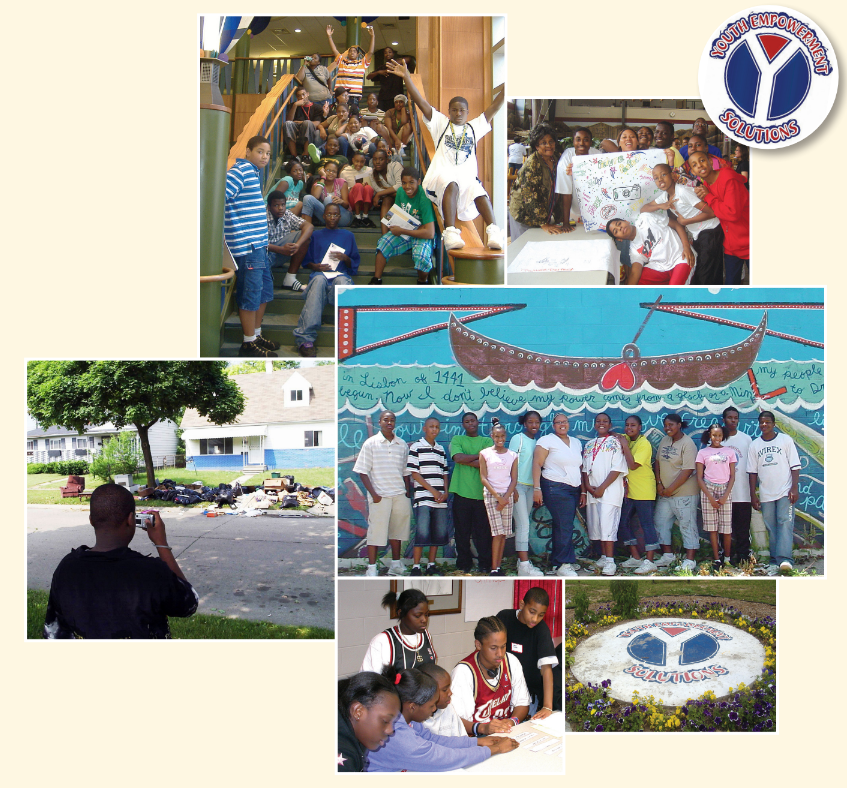Youth in Governance
Overview
In this Curriculum Jams process, the group focused on materials that adults can use to facilitate lessons for Youth in Governance programming that could also be relevant to other civic engagement education. Our goal was to identify resources that could support youth in developing involvement and agency within their systems of local government.
Scope
Early on, the planning team identified a need for materials to address youth civic engagement from several perspectives, reviewing content geared towards both youth and their adult mentors.
Youth resources:
We used the following criteria to evaluate the content of the resources we found for youth:
- Understanding governance processes:
- Governmental structures (local governance systems and relationships)
- Meetings (preparing for, understanding the agenda and process)
- Budgeting (theories, frameworks, and processes)
- Decision-making (how ordinances and resolutions are made and passed)
- Governance and the community (getting to know your community, public engagement)
- Planning youth engagement:
- Youth-adult partnerships
- Designing and carrying out projects
- Social and emotional skills:
- Sharing youth voices in meetings
- Understanding conflict
- Working with a mentor
The planning team also identified some criteria for how the content should be delivered. We prioritized content that is:
- discussion-based
- topic-based (teaches concepts through a focus on specific topics)
- youth-led (young people do research, lead discussions, and take on projects)
- addressing different learning styles (interactive, includes pictures/visuals, with skill-building in reading, writing, speaking)
Adult mentor resources:
We also looked for resources for adult mentors that addressed the following content:
- Interacting with youth
- Respect & equity (treating youth as emerging adults, partners, and contributors; using equitable language, creating space for youth to offer adults feedback)
- Relationship-building (building trusting, appropriate, and supportive connections)
- Supporting youth (understanding youth development, offering reassurance and encouragement)
- Planning youth engagement
- Explaining government operations
- Connections to formal civics education (complementing and building on)
- Supporting youth projects (developing and carrying out)
- Supporting youth advocacy
- Identifying interesting issues/topics to explore
- Helping youth develop communication skills
- Helping youth understand who can help them
How were these recommendations developed?
1 focus group involving 7 individuals with lived experience and/or specialized background related to youth civic education developed the basis for review criteria.
19 content sub-themes and 4 delivery sub-themes formed the basis for criteria the group applied to a curriculum search process. The criteria were used to pre-screen and filter identified curriculum resources.
Out of 24 teaching resources reviewed, 5 teaching resources were selected for recommendation.
4 adults and 3 youth with lived experience and/or specialized background in youth civic education made the following curriculum recommendations.
Deep gratitude to all the youth, community adults, and educators who served as collaborators, focus group participants, and reviewers!
Resources
Based on the criteria above, the reviewers recommended the following resources:
Educator Toolbox
This toolbox includes resources that program leaders and educators can use to develop background knowledge on Youth in Governance programs. The downloadable tipsheet is a helpful starting place for planning Youth in Governance programming.









